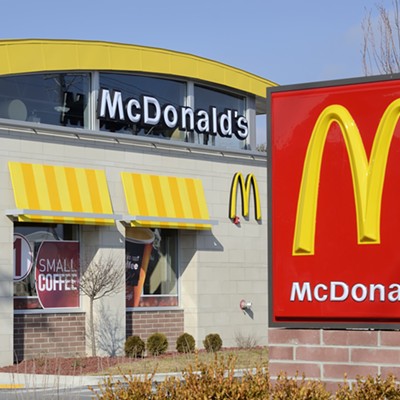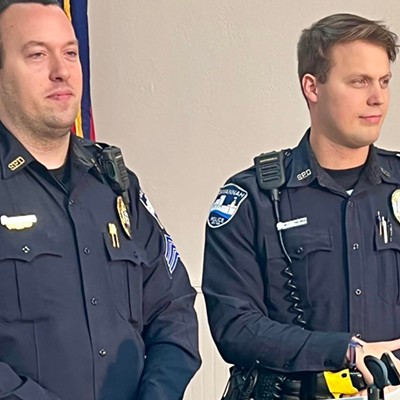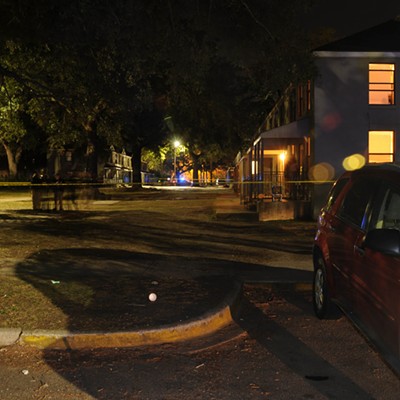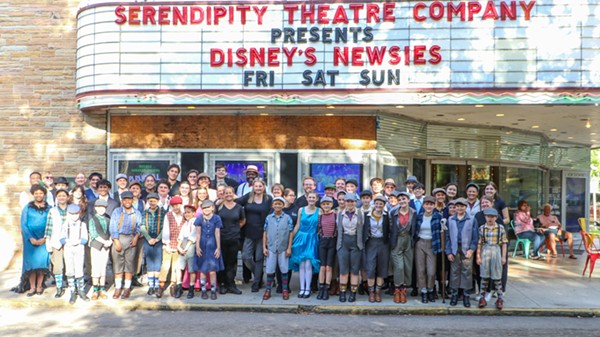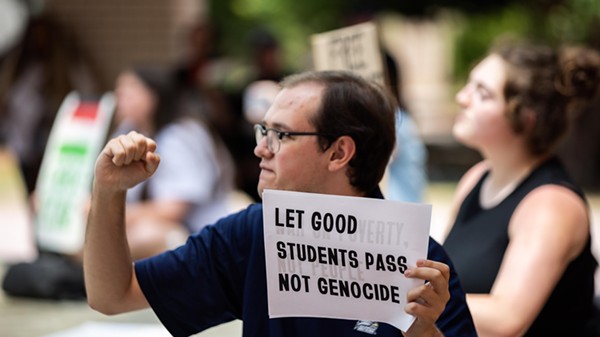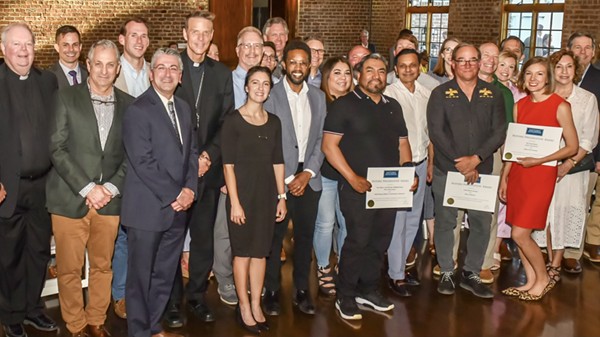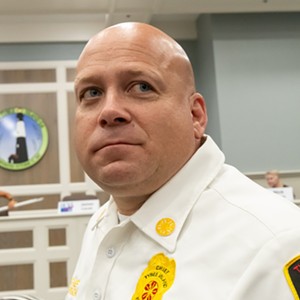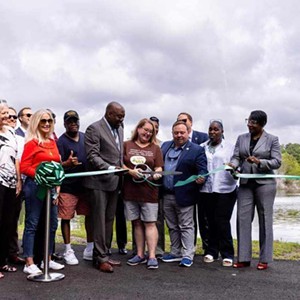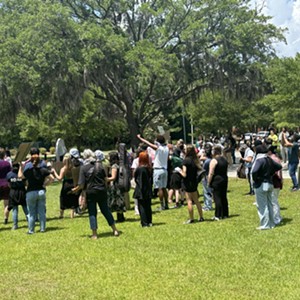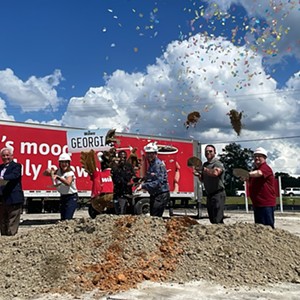SOME OF US have warned for years that something like Ferguson would eventually happen. But it didn't take a genius to see the fault line forming in America between police and the people.
Of course, persons of color have been painfully aware of that fault line for years. It’s no accident that the chaos in Ferguson involves profound issues surrounding race.
But the impact of what’s going on now in Missouri will be felt in communities all across America, regardless of color or status.
You’ve read and heard a lot over the past couple of weeks about the militarization of American police. It’s an issue I’ve been concerned about for quite some time.
(“Militarization” isn’t really the best word, because the U.S. military is actually much more adaptive and reasonable with crowd control and community relations than police in Ferguson have been thus far.)
In any case, what we do know is that in the wake of 9/11, police departments around the country are increasingly being armed and equipped like small armies — first in the form of generous, no-strings-attached Homeland Security anti-terrorism grants, and then by surplus U.S. military equipment as the wars in Afghanistan and Iraq have drawn down.
And armies need enemies.
This week the Atlanta Journal/Constitution reported that Georgia law enforcement ranks third in the U.S. in receiving surplus Pentagon arms and equipment.
I hadn’t heard of Ferguson before it hit the news. You may not have heard of Doraville, Ga., either. Just as Ferguson is a small town within the larger metro area of St. Louis, Doraville is a small town within the larger metro area of Atlanta.
Turns out Doraville Police have their own tank. Actually, an M113 armored personnel carrier, which isn’t the same as a tank but is still very much a military vehicle.
At one point Doraville Police had posted a video showing off their new crowd-control acquisition. The soundtrack to the video? A little ditty titled “Die Motherf@#%er Die.”
They’re not alone. Police departments around the country now sport weapons ranging from .50 caliber sniper rifles to grenade launchers to MRAP (Mine Resistant Ambush Protected) vehicles, the kind used in Iraq to traverse bomb-strewn highways.
(Savannah/Chatham Metro Police SWAT has an armored vehicle of its own; see photos of it at scmpd.org/swat/)
I have no idea what Michael Brown was doing or not doing when he was shot and killed by Ferguson police. But either way, the escalation by police—and the targeting of media reporting on it—is its own issue.
When the dust settles, it could turn out that Darren Wilson had no choice but to shoot Brown. But it’s clear that police in Ferguson very much had a choice whether or not to lob tear gas canisters at news crews and arrest reporters... to point sniper rifles with laser sights at families with their hands symbolically raised in surrender... to roll up in armored vehicles... to wear olive-and-khaki military camouflage in an urban environment of asphalt and concrete.
Just as the optics of Doraville’s police tank video are disturbing, the optics in Ferguson defy belief and all sound judgment. It’s as if law enforcement there is so intent on sending a message of total domination that they don’t care how it looks to the outside world.
One never wants to be accused of trafficking in conspiracy theories, but it’s almost as if someone wants to see how far they can push things... how much force is too much... how much police presence is too much... how many reporters you can get away with arresting for doing their jobs... what happens in real time if an American town is literally occupied by police as if they’re an occupying army.
The message is that police stand apart from the people and will do whatever it takes to maintain that divide. It’s clearly not what the people of Ferguson want, but that’s the message there nonetheless.
Even after an African American police chief was brought in specifically to allay concerns over racial profiling and prejudice, violence between police and protesters in Ferguson continued almost unabated.
It seems to have taken on a life of its own.
What does this mean for Savannah? Like Ferguson, Savannah has a history of racial tension. Unlike Ferguson, however, our police at all ranks are well integrated.
I certainly hope and believe that our local leaders have learned from what they’re seeing unfold in Ferguson.
If there’s one small silver lining in this tragic and ultimately needless situation, maybe it’s as a wake-up call to show us that dystopian visions of a police state future aren’t confined to science fiction.

